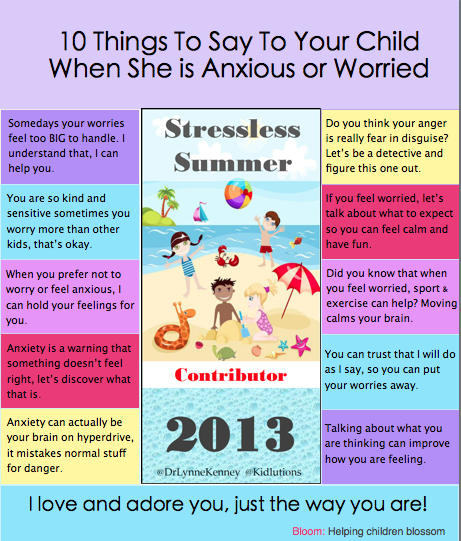How to be strict with your child
The Key to Being a Consistent Parent
Picture this scene: Your teen’s curfew is 11:30 p.m. and you stay up waiting for her. When she doesn’t come home on time, you pace and worry, your mood alternating between fear and anger. When your daughter finally waltzes in well past midnight, she disrupts everyone in the house and makes excuses when you ask, “Where have you been?” Part of you is furious.
But there’s another part of you that thinks, “Well, she’s been doing a good job lately with her school work. And at least she’s not sneaking out and smoking anymore… maybe I should just let this one slide.” And maybe the truth is that sometimes you give consequences for breaking curfew and other times you don’t. The behavior continues because your child knows she can get away with being late sometimes.
You know that what you’re doing isn’t really working, but you’re not sure how to make things better. That’s okay—you’re not supposed to know all the answers. Many parents have a hard time being consistent and struggle because of guilt, self-doubt, or just sheer exhaustion.
Here’s the good news—you can overcome the obstacles you face. Even if you think you’ve been inconsistent up to this point with your child, it’s never too late to change. Let’s take a look at why it’s important and how you can start being more consistent right away.
Why Consistency is Important
No one can be 100% consistent 100% of the time, but what happens when you’re frequently inconsistent? You’ll find that your child’s behavior will get worse—and you’ll be more tired and worn down as a result.
Why is consistency important for kids? Children need to know what to expect because it helps them make informed decisions. As they grow, they learn that certain behaviors lead to certain outcomes. This shapes whether your child will repeat that behavior in the future.
The best way to illustrate this is with the classic slot machine example: You put your money in the machine and pull the lever. You don’t know what images you’ll see when the spinning stops. Will you get cherries? Sevens? Lemons? But you know what you want—the jackpot, or at least some kind of monetary gain.
We are like slot machines and our kids are like the hopeful gamblers that stand before us, repeatedly pulling the lever. They know they may not get anything as a result—you might say “no” or give them a consequence. They might get some money back if you don’t follow through with your consequence. Or, if they’re really lucky, they’ll hit the jackpot and get exactly what they want with no uncomfortable consequences at all.
If your response often varies, your child will keep pulling the lever, hoping for a favorable outcome. This is an example of what is called a “variable interval reinforcement schedule”— the most powerful type of reward system in behavioral psychology. Just like it works with gamblers, because the frequency and size of the reward varies, it works with your child. And it becomes very difficult for your child to stop playing the slot machine—which is you, the parent!
To make matters worse, there’s a good chance you’ll be seen as less of an authority when you’re not consistent. This is because you might say one thing, like “Don’t swear,” but fail to consistently back that up with actions that show you mean it, such as providing a meaningful and effective consequence each and every time. When your child gets the message that you don’t mean what you say, what you say starts to lose meaning.
This is because you might say one thing, like “Don’t swear,” but fail to consistently back that up with actions that show you mean it, such as providing a meaningful and effective consequence each and every time. When your child gets the message that you don’t mean what you say, what you say starts to lose meaning.
4 Ways to Be More Consistent
Being a parent is hard work—there’s no mistaking that. Life in general is chaotic and messy, and the simple fact that we’re human makes us prone to making mistakes. We forget things, we get confused, we lose track of time, and sometimes we get so tired that we just don’t have the energy to handle our child’s challenging or obnoxious behavior. It’s not easy to stay on top of things all the time, let’s face it. So we think, “I’ll let it go, just for today.” Here are some ideas that will help you start to improve your consistency as a parent:
1) Choose one thing first. One of the no-fail rules to follow when you’re trying out new parenting techniques is to choose just one behavior to start with. Empowering Parents’ Coaches talk to parents all the time who are “biting off more than they can chew” and getting really frustrated, confused, and worn out. When you try to tackle all the behavior issues you’re experiencing with your child at one time, you’re not likely to be very successful. So choose a specific high-priority issue to start with like stealing, swearing, homework completion or bedtime, for example. Once you get more consistent in setting and enforcing limits in that one area, then you can branch out and start working on another. Slow and steady wins the race, right? Right!
Empowering Parents’ Coaches talk to parents all the time who are “biting off more than they can chew” and getting really frustrated, confused, and worn out. When you try to tackle all the behavior issues you’re experiencing with your child at one time, you’re not likely to be very successful. So choose a specific high-priority issue to start with like stealing, swearing, homework completion or bedtime, for example. Once you get more consistent in setting and enforcing limits in that one area, then you can branch out and start working on another. Slow and steady wins the race, right? Right!
2) Use positive self-talk. Be kind to yourself and talk to yourself about what you want to see happen. What do you want your child to learn? Ask yourself what will likely happen if you let the behavior slide ‘just this one time’ as opposed to taking a deep breath and just doing what you know you need to do. Think about your long-term goal and what might happen over time if you don’t stay consistent on the issue you’ve undertaken.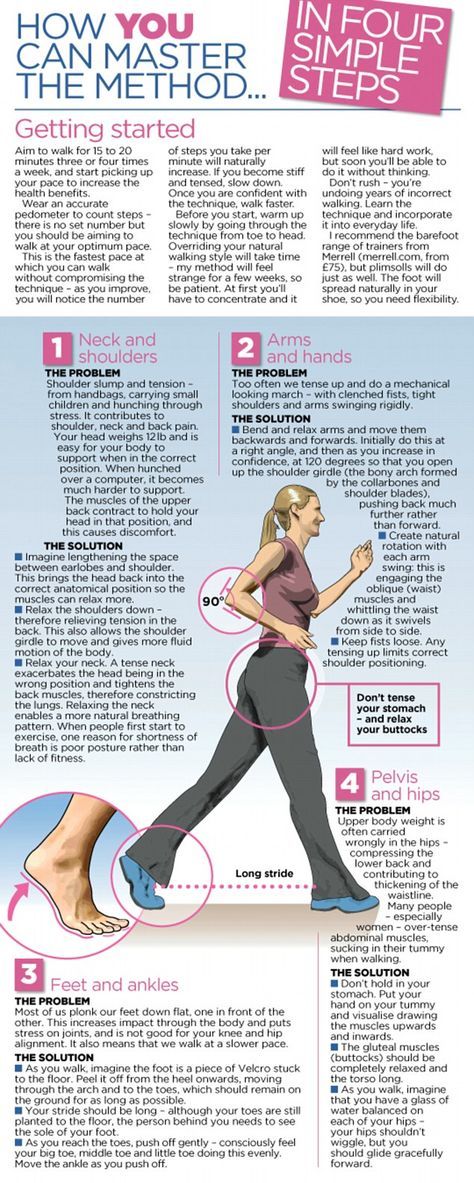 Debbie Pincus, creator of The Calm Parent: AM & PM, recommends that parents come up with slogans or mottos they can use to keep themselves on track and in control, emotionally and otherwise. Your motto might be, “I am the leader here, and I need to let my child know what my bottom line is. I can do this.” Find one that works for you and use it.
Debbie Pincus, creator of The Calm Parent: AM & PM, recommends that parents come up with slogans or mottos they can use to keep themselves on track and in control, emotionally and otherwise. Your motto might be, “I am the leader here, and I need to let my child know what my bottom line is. I can do this.” Find one that works for you and use it.
3) Try something new. When I was a school counselor, I did a weekly classroom lesson with students about skills that would help them be more successful in school. One phrase we revisited regularly in my lessons was, “If what you’re doing isn’t working, try something different.” This goes along with James Lehman’s idea of realization—parents need to be able to acknowledge something isn’t working and change it, because things will not just change on their own. You, as the parent, are the change agent. James advocates teaching children better problem-solving skills in the Total Transformation program, and I think this works for adults, too. If you are having trouble being consistent, figure out what is at the root of that—is it fatigue, guilt, confusion, forgetfulness? Get to the root of the problem and come up with a specific plan you can use to help yourself stick to the limits you’ve set and give consequences more consistently.
If you are having trouble being consistent, figure out what is at the root of that—is it fatigue, guilt, confusion, forgetfulness? Get to the root of the problem and come up with a specific plan you can use to help yourself stick to the limits you’ve set and give consequences more consistently.
4) Take care of yourself. Taking care of yourself means two things. First, allow yourself a short break or time-out when you’re feeling overwhelmed. Give yourself time to come up with a response if your child is in your face begging, arguing, fighting, or complaining. Let your child know you can’t answer them just yet and walk away. Take some time to calm down and think about what you want to do next. Also, if you’re feeling exhausted or overwhelmed, make room for at least 15 minutes for yourself each day with the purpose of doing something you enjoy that helps reduce your stress level. Taking care of yourself also means asking for support from others. You might talk to your spouse and come up with a subtle way you can remind each other to be consistent.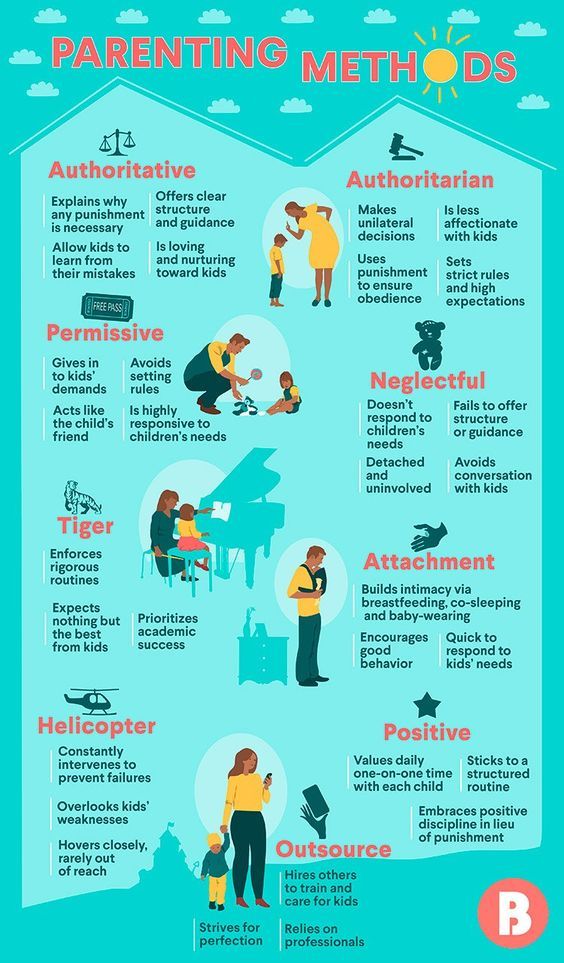 It might also mean finding someone in your local area whom you can talk to about what’s going on—someone supportive who can help you manage the stress and demands of parenting more effectively. Either way, taking care of yourself is a way to be an empowered parent. You don’t have to give in to the pressure that your child’s behavior puts on you—and you don’t have to do this alone.
It might also mean finding someone in your local area whom you can talk to about what’s going on—someone supportive who can help you manage the stress and demands of parenting more effectively. Either way, taking care of yourself is a way to be an empowered parent. You don’t have to give in to the pressure that your child’s behavior puts on you—and you don’t have to do this alone.
When Parents Change, Kids Push Back
The number one thing you will notice in your child as you start to be more consistent is “push back.” Push back is your child’s way of saying, “Wait a minute, I don’t like what’s going on here!” Push back comes in a lot of different forms. It can appear as complaints, such as “I hate you! You’re mean! You don’t love me!” or it can appear as arguing, pleading, or negotiating. Some kids will push back by passively resisting you or pretending they didn’t hear you ask them to do something. You might notice that your child appears a bit angrier or more emotional at first, too. We talk to parents every day who are experiencing this usually temporary escalation in behavior issues that can occur when you change your parenting style. What we’ve found is that if parents continue to be consistent and walk away when their children are pushing back, things will start to settle back down.
We talk to parents every day who are experiencing this usually temporary escalation in behavior issues that can occur when you change your parenting style. What we’ve found is that if parents continue to be consistent and walk away when their children are pushing back, things will start to settle back down.
Keep in mind it’s not necessary to give consequences for complaining, arguing, or bad attitude. If the push back leads to verbal or physical abuse, destruction of property, or other safety issues such as running away or sneaking out, there are the really important examples of pushback for which you’d definitely want to give consequences or call the police. Otherwise, as long as the behavior isn’t blatantly abusive or unsafe, it’s most effective to ignore it and remove yourself from the situation.
The Real Importance of Consistency
James Lehman says that the rules shouldn’t get more—or less—strict because you’re tired, or frustrated about something at work. And your rules shouldn’t be more lenient because you’re enjoying yourself and having a good day. “The rules are your structure,” he explains, “They’re your guidelines for power.” Being consistent with your rules, values, limits, and consequences is a crucial part of establishing a culture of accountability in your home—the structure that upholds you the parent as the authority that your child answers to. When you are not consistent in these areas, you undermine your own authority because the boundaries aren’t clear—and what you say doesn’t match up with what you do. Figure out what obstacles are preventing you from being more consistent, focus on what you’d like to change, and start working on it. It’s never too late to start—and the rewards for both you and your child are huge.
“The rules are your structure,” he explains, “They’re your guidelines for power.” Being consistent with your rules, values, limits, and consequences is a crucial part of establishing a culture of accountability in your home—the structure that upholds you the parent as the authority that your child answers to. When you are not consistent in these areas, you undermine your own authority because the boundaries aren’t clear—and what you say doesn’t match up with what you do. Figure out what obstacles are preventing you from being more consistent, focus on what you’d like to change, and start working on it. It’s never too late to start—and the rewards for both you and your child are huge.
Related Content:
Your Child Is Not Your “Friend”
Mother or Martyr: Are You Doing Too Much for Your Child?
Am I Too Strict With My Child? How to Set Appropriate Limits
Are you wondering if you are being too strict with your child? Do your kids make you feel like an ogre when you set limits? Does the word “no” kick off whining, yelling and protests? How many times have you heard your nine-year-old say something like:
“That’s not fair! Brandon’s mom lets him watch Sons of Anarchy!” Or does this sound familiar: “Jessica’s dad lets her stay out ‘til 10 on school nights! Why can’t you?”
It can be hard to know sometimes if the limits you set are reasonable or not, especially when your kids are howling that “everyone else is allowed to do it!” On top of that, how do you know that the limits you set even work?
Kids need limits, and count on parents to set them in order to keep them safe and help them grow.
Setting limits is an act of love.
Whether you are just beginning to set limits, or are adjusting your limits to match your child’s unique needs and developmental changes, here are some tips to make setting limits, and feeling confident about those limits, easier.
1. Start from Your Values
Be clear about the values you want to instill in your family. If eating dinner together at home is important, make that an expectation. If treating people fairly is essential, make sure your limits support that. Knowing that your limits are based on your values helps during those times when your child pushes back and says you’re the worst parent in the world. You’ll find it easier to resist giving in to that argument.
2. Communicate the Limits
Try saying to your child something like, “Things are going to change, and you can expect that dad and I will deal with your behavior differently.” Or, “Now that you’re older, we need to have some rules about going to parties.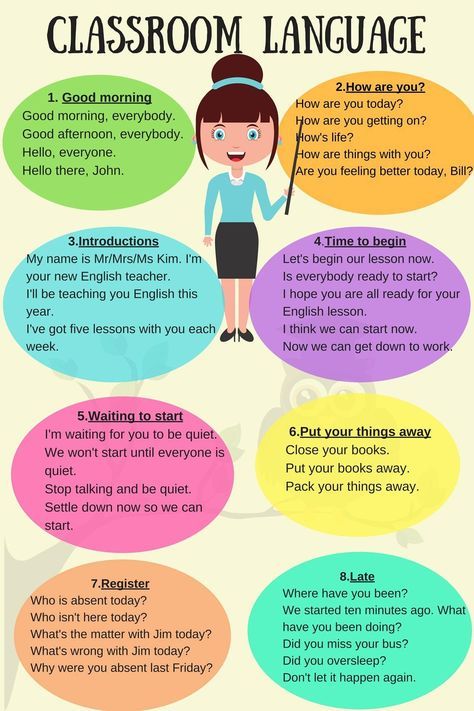 ” Then let your child know the limits and the consequences for either following or not following the rules. Be clear and specific. This is not a one-time event, but rather a process that will likely take repeated refresher discussions along the way.
” Then let your child know the limits and the consequences for either following or not following the rules. Be clear and specific. This is not a one-time event, but rather a process that will likely take repeated refresher discussions along the way.
3. Monitor How Your Child Responds
What did your child do? Not immediately, because change is a process and takes time, but over time. Are you able to observe some improvement in behavior, even if it’s slight? For instance, you set curfew for your teen, and at first he didn’t seem to care. But when you started to take the car keys away, he began to come home closer and closer to the curfew. Now he is routinely coming in on time.For younger kids, it may be helpful to have a chart or calendar where behaviors are recorded. Kids often like to participate in this activity, especially if they get to put the sticker on the chart for behaving correctly. For older kids, charting behavior helps them get a better perspective on their ability to change over time.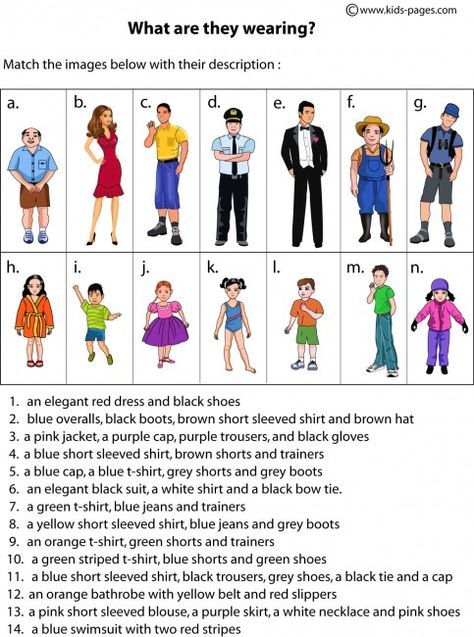 Even if they had a terrible day yesterday, they can see that they’ve been doing so much better during the past few weeks, and so there’s hope for continued success.
Even if they had a terrible day yesterday, they can see that they’ve been doing so much better during the past few weeks, and so there’s hope for continued success.
4. Be Matter-of-Fact
Try not to personalize the misbehavior. If your child starts to feel the power to “hurt” you with his misbehavior, this can easily lead to manipulative behavior. Instead, focus on the behavior and your child’s need to change. Help them understand that the misbehavior is hurtful to them and worth changing. If you are angry, wait to talk with your child until your anger has cooled. You can say, “I’m not ready to talk with you right now. I’ll talk with you when I am. Just wait”.
5. Be Prepared
Do you sometimes just react to your child’s misbehavior, handing down whatever punishment happens to come to mind? Instead, try sitting down and calmly thinking about what behavior you are trying to target. Then you can think more clearly about what consequence would be most effective in promoting change. Develop a list of meaningful consequences in a quiet moment. You know your kids best, what they hold near and dear. Consequences are most impactful when your child really cares either about avoiding the loss of something (computer time, going to her friends overnight, the car, the concert) or about gaining something (time with dad, a hiking trip with friends, an overnight, the car, a concert).Remember, it’s important for both parents to share any plan that is developed and be on the same page, or at least be willing to support each other in the process.
Develop a list of meaningful consequences in a quiet moment. You know your kids best, what they hold near and dear. Consequences are most impactful when your child really cares either about avoiding the loss of something (computer time, going to her friends overnight, the car, the concert) or about gaining something (time with dad, a hiking trip with friends, an overnight, the car, a concert).Remember, it’s important for both parents to share any plan that is developed and be on the same page, or at least be willing to support each other in the process.
6. Consequences Need Time Limits
You need to set limits and impose consequences that allow your child to grow and change. Part of this is setting limits with appropriate timeframes. Younger kids have a very different sense of time than adults. A weeklong consequence for a six-year-old may feel never-ending to her, where your 10-year-old can more easily feel like there’s some light at the end of the tunnel.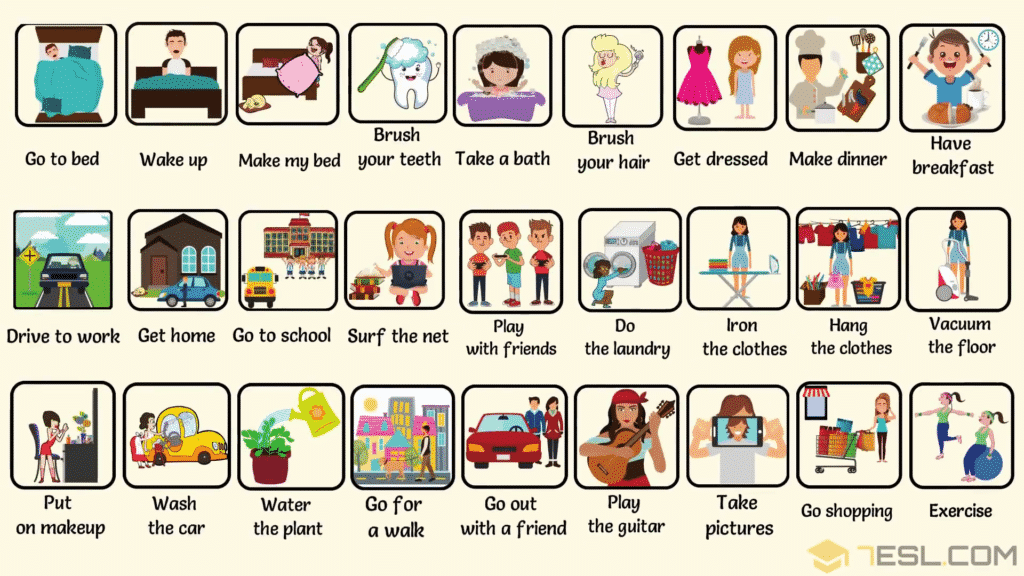 If you ground your teen for the rest of his life, (while you may definitely feel that way at the time) he will immediately know that you are setting a limit you can’t hold him to.For some kids, it’s helpful to set limits in small increments so they can experience success. “If you are able to make it through this evening without fighting with your brother, you will earn back 20 minutes of computer time tomorrow night.” Having do-able steps is especially important for kids with moderate to severe behavior problems as they can often experience failure and feelings of defeat.
If you ground your teen for the rest of his life, (while you may definitely feel that way at the time) he will immediately know that you are setting a limit you can’t hold him to.For some kids, it’s helpful to set limits in small increments so they can experience success. “If you are able to make it through this evening without fighting with your brother, you will earn back 20 minutes of computer time tomorrow night.” Having do-able steps is especially important for kids with moderate to severe behavior problems as they can often experience failure and feelings of defeat.
7. Monitor Yourself
Watch that you’re not falling into old patterns of screaming and yelling or ignoring misbehavior. It’s difficult for us, too, as parents to change. Keep at it.
8. Start Limit Setting Early
It’s much harder to begin setting limits for the first time when your child is a teenager whose “job” it is to push back on limits, especially those set by parents. But remember, you can start any time.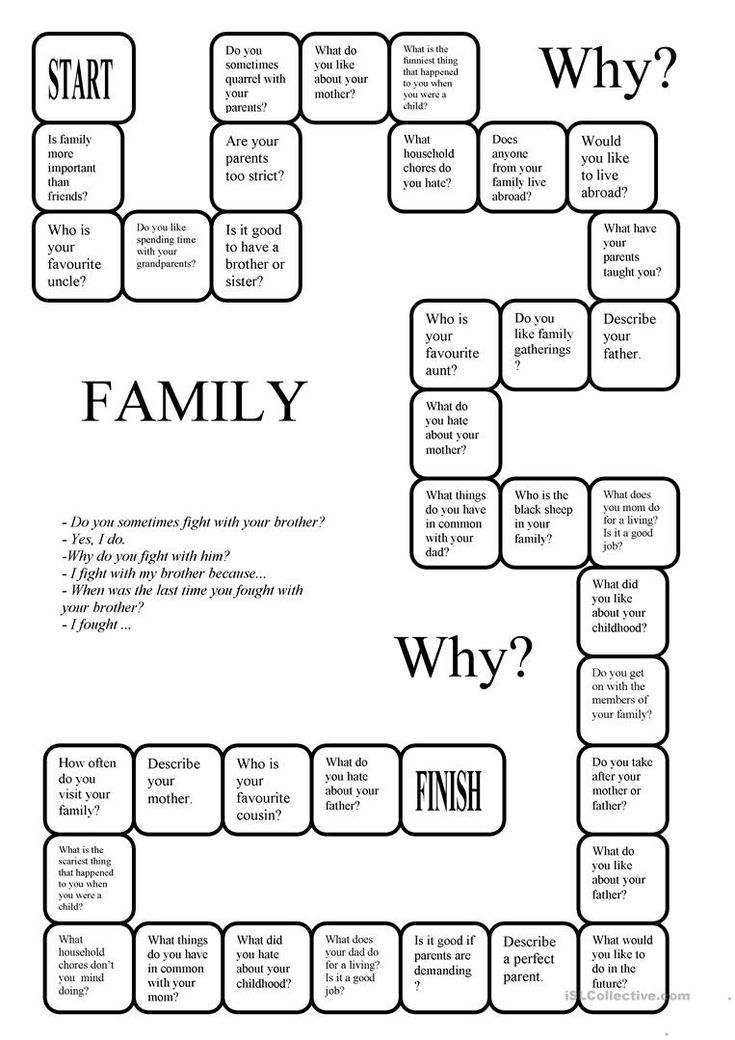
9. Change Doesn’t Happen Overnight
When things don’t seem to be working, try looking for the little changes you can observe in your own behavior—even if they aren’t yet impacting your child. Did you make a plan and stick with it? Did you make a decision and hold firm? Were you able to tell your child what you expected of him without screaming and yelling? If you did any of these things, you are making progress.There may be relapses by you or your child. You may get “lazy” about follow-through; or your child who was doing so well playing at recess gets into a fight. Keep small set-backs in perspective, and try thinking one day at a time. It may also be time to review your limits and consequences and see if they need adjusting.
10. Don’t Look for Validation from Your Child
If you’re looking for validation from your kids, you’re giving them too much power. Their job is not to be your friend, or to thank you for setting limits to help them control their behavior. Part of being a parent is setting limits, teaching better behaviors, and coaching your children as they begin to use those improved behaviors. This is a hard job, and at times you can feel pretty alone. Talk to other parents who you trust. Discuss the problems with your partner, and support each other in the changes. Talk with a teacher or guidance counselor who understands your child and some of the unique challenges he or she presents.
Part of being a parent is setting limits, teaching better behaviors, and coaching your children as they begin to use those improved behaviors. This is a hard job, and at times you can feel pretty alone. Talk to other parents who you trust. Discuss the problems with your partner, and support each other in the changes. Talk with a teacher or guidance counselor who understands your child and some of the unique challenges he or she presents.
Parents often feel that by setting limits, they will lose their child’s love. Just the opposite is true. Kids need limits, and count on parents to set those for them to keep them safe and help them grow. Setting limits is an act of love.
Related: How to use limits effectively and get your kids to listen.
As you start setting and holding your children to more consistent limits, you might feel that you are being overly strict. Aiming for consistency may also feel rigid to parents who are used to a looser household. Remember that limit-setting is just one part of effective parenting and needs to be paired with teaching and coaching.
Remember that limit-setting is just one part of effective parenting and needs to be paired with teaching and coaching.
Children aren’t going to change their behavior simply due to limits. Kids also need parents to teach better problem-solving skills and to coach them as they try out the new skills and behaviors. They may never say thank you, but setting limits is one of the best gifts you can give your child.
Related Content:
Am I Being Too Strict? How to Safely Give Your Child More Freedom
Teen Curfews—How and When to Negotiate
How strict should one be with a child?
Every mother wonders if she should be strict with her children. And in modern families, dads are also studying this issue, and not just playing the “bad cop”. There are many supporters of different methods of education, and disputes do not subside.
Is it necessary to raise children strictly, expert opinions
University of Essex professor Erika Rasson argues that being a harsh parent is good for a child's success in the future - such parents raise more successful children. Over the course of six years, she interviewed almost 15,000 teenagers aged 13 to 14 and came to the conclusion that strict parenting is beneficial in the long run: in the future, children of strict parents more often received higher education and found good jobs.
Over the course of six years, she interviewed almost 15,000 teenagers aged 13 to 14 and came to the conclusion that strict parenting is beneficial in the long run: in the future, children of strict parents more often received higher education and found good jobs.
However, many psychologists say that relationships in such families are usually not the warmest, and children do not grow up very happy and often spend time in psychotherapists' offices as adults.
So what to do? Is it necessary to be strict with a child for the sake of his success and to the detriment of his psychological comfort, or do you prefer a happy childhood and close relationships with your family? In fact, as often happens, it is best to look for a middle ground. Let's try to figure out how to do this, and how strict you need to be with your child.
Excessive strictness of upbringing can lead to a break in relations
A child who is kept in tightrope can be very obedient, but protest accumulates inside him. He endures, endures, and at some point can no longer do what his parents say. But this is not the natural independence of a grown-up person, but simply a rebellion.
He endures, endures, and at some point can no longer do what his parents say. But this is not the natural independence of a grown-up person, but simply a rebellion.
Adolescents whose parents were unnecessarily harsh begin to run away from home, ignore their parents, protest and pour out aggression. Sometimes they even perceive their parents as enemies rather than as close people, and in time this can lead to a complete break in relations.
Excessive softness can make a child spoiled
However, if you always and in everything allow a child to do only what he wants, it will be difficult to teach him to overcome his “I don’t want to”, achieve goals, be aware of existing laws and rules.
Too spoiled children do not strive to learn, develop their abilities, and bring things to the end. Most often, they act on the principle “it’s normal” or begin to reproach their parents for not providing them with a more beautiful life: they didn’t buy an apartment and didn’t get a good job. They don't know how to make demands.
They don't know how to make demands.
Build new relationships with the child, instill a sense of responsibility
Building relationships with a child, adults choose a variety of lines of behavior from “close friend” to “guardian”. But extremes are almost never good. The child must understand that parents are not the same as friends in the yard, they are older and responsible. In a relationship there should be an understanding of the elder who educates, protects, makes decisions. But this senior is not an enemy, but your family, and you at the same time.
There must be strictness, but it must be fair. It means that:
- Promises given to each other must be kept, and necessarily on both sides.
- You cannot demand from a child that you do not comply. For example, to scold him for swear words, while constantly using them.
- You can not humiliate, insult, beat each other.
At the same time, the child must clearly understand the zone of his own responsibility. Yes, for him, too, there are rules that must be observed, as for any person. But he is not just a subordinate who does everything he is told, but a person with his own feelings, emotions and desires. And he acts in the area of his own responsibility.
Yes, for him, too, there are rules that must be observed, as for any person. But he is not just a subordinate who does everything he is told, but a person with his own feelings, emotions and desires. And he acts in the area of his own responsibility.
How to teach a child to be responsible, you can read in the article "How to teach a child to be responsible?"
Strictness in raising children: basic recommendations
Strictness must be respectful
Do not confuse strictness with a bad attitude towards a child. Beating, humiliating, insulting, reproaching for innate things and the fact that “he ruined your whole life” is not severity, but real hatred. Strictness should be in building rules of conduct and shaping the authority of an adult, and not in humiliating a child.
Strictness is also your responsibility
You won't be able to set clear rules if you yourself break promises or constantly change behavior according to your mood. Be demanding first of all to yourself, and then to the child.
Be demanding first of all to yourself, and then to the child.
Don't deprive children of simple pleasures
After all, what better place to jump in a puddle and smear yourself with ice cream up to your ears if not childhood? You should not force a child to walk on a string around the clock, this will not lead to success, but only to overwork.
Talk to your child like a reasonable person
Unfortunately, many children have to hear the phrases “Because I said so”, “Later you will understand” or “No one asked you at all”. Try to still explain to the child in simple terms why you can’t eat only cookies or drag the cat by the tail. If you want your position to be accepted, you must learn to present arguments.
Instill discipline, but see if the child is doing well
Daily routine is a useful thing. It helps to learn planning, to have time to do important things, is good for health and mental balance. But be sure to include time for rest in the daily routine and monitor the condition of the child. If he becomes irritable, forgetful, drowsy, or, on the contrary, too excited, it may be worth reconsidering the regimen.
But be sure to include time for rest in the daily routine and monitor the condition of the child. If he becomes irritable, forgetful, drowsy, or, on the contrary, too excited, it may be worth reconsidering the regimen.
Memo for strict parents - Psychologos
2013Four colors of freedom: restrictions in the lives of children (Yu.B. Gippenreiter)
When children are small, it is convenient to indicate the rigidity of the rules with colors. An interesting system was proposed by Yulia Borisovna Gippenreiter in the book "Communicate with a Child - How?": we divide the entire field that regulates the child's behavior into four zones. We denote them by color: green, yellow, orange, red.
0Read more
Jan 01 2013
Children. Guidelines
It is necessary to work with a child, play, read books to him, answer questions asked by him ... all parents without exception know this. Caring, loving moms and dads probably do just that. At the same time, no process of raising and educating a little man, as a rule, can do without “guiding instructions” from the parents, who occupy a leading position of a leader, the main one in a joint business, a game.
At the same time, no process of raising and educating a little man, as a rule, can do without “guiding instructions” from the parents, who occupy a leading position of a leader, the main one in a joint business, a game.
0Read more
Oct 01 2022
How to get the right behavior from the child
In order to teach the child something or get a certain behavior from him, parents must somehow show him what is good (what behavior they approve of)
0Read more
Oct 01, 2022
How not to swear at children
A newborn is sometimes compared to a wild colt - he follows only his natural instincts. He gets used to it and as a result turns out to be completely unprepared for the fact that not always and not everyone will fulfill his desires.We know well how difficult it is to be around a person who is not accustomed to self-control, who does not know how to cope with his own emotions. Is it easy for him to live in the world himself?0003
Is it easy for him to live in the world himself?0003
0Read more
Oct 01 2022
How to educate - with a stick or a carrot
According to one well-known American sociologist, the birth of newborns into the world is a systematically repeated invasion of barbarians. Newborns do not have morality, they cannot behave in accordance with social needs, they are not familiar with the system of moral and other norms of this society. All this is taught to the child in society and, above all, in the family. There are many forms of learning based on both conscious and subconscious perception, and among these various pedagogical techniques, the principle of reward and punishment, known from ancient times, which will be discussed in this article, naturally occupies the first place.
2Read more
Oct 01 2022
Constructive punishment
Adults create rules and prohibitions, and children break them. Children are not always obedient, and parents are not always fair. Sometimes a slap turns out to be the main or even the only way out of a crisis situation. Can you punish? At what price are you willing to defend parental authority? When is punishment beneficial? In this article you will find answers to many questions.
Children are not always obedient, and parents are not always fair. Sometimes a slap turns out to be the main or even the only way out of a crisis situation. Can you punish? At what price are you willing to defend parental authority? When is punishment beneficial? In this article you will find answers to many questions.
4Details
Jan 01 2014
Little children should obey their parents (V. Filinova)
Should a child be limited in all his desires, or is it better to do without control, which narrows the scope of freedom? No need for extremes: only a reasonable balance between strict restrictions and freedom of action will allow your child to develop harmoniously. This article is about how to introduce requirements and prohibitions into the life of a baby and achieve his obedience.;;;;
0Details
Jan 1 2010
Punishment
What is punishment? The most difficult thing is to define the most common things.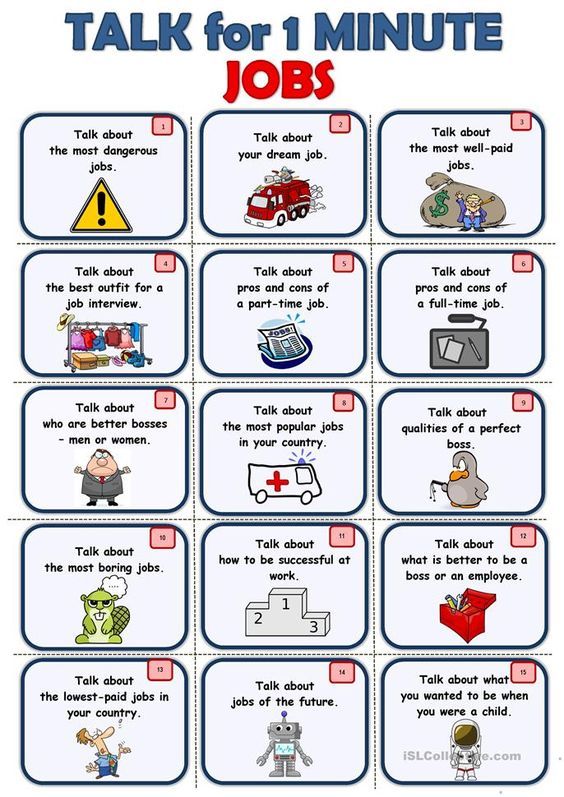 The most general definition, apparently, can be as follows. Punishment is a means of control, consisting in the deliberate infliction of trouble on a subject, in order to change undesirable behavior or way of thinking.
The most general definition, apparently, can be as follows. Punishment is a means of control, consisting in the deliberate infliction of trouble on a subject, in order to change undesirable behavior or way of thinking.
2Read more
Oct 01 2022
Praise and encouragement
It is possible, of course, not only with the help of punishments to influence the formation of a child's character and normal psychological qualities. The effectiveness of punishments will be higher if they are used infrequently and against the background of rewards. Parents often pay the main attention to correcting the weaknesses and imperfections in the child's behavior. It is much more pleasant and effective for both children and parents to educate with the help of manifestations of positive emotions and encouragement. And prohibitions, remarks and punishments should be extreme measures.
0Read more
Oct 01 2022
Do no harm! as the basis of mental hygiene of communication
Without mental hygiene of communication (without its principle "Do no harm!" and without its information about the psychological patterns of communication), moral practice can quite unexpectedly acquire a negative sign (a person, believing that he is doing good, generates evil, or with visible observance harm is done to another person under the law).